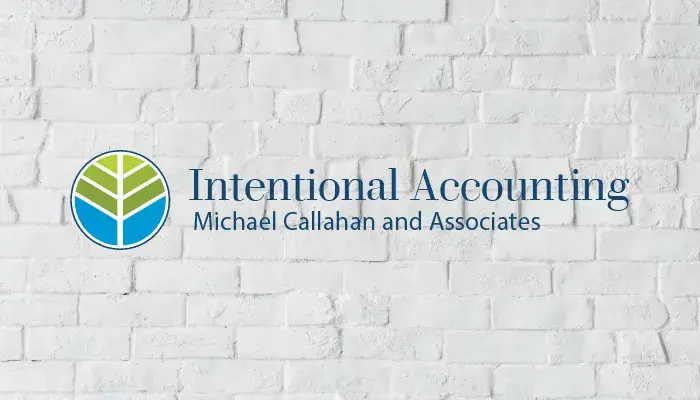Leave it Alone
If your former company lets you keep your money in their 401K plan, it may be a viable option. After all, there is no rush to move the money somewhere else. However, since you can’t continue to invest more money into the plan, you will likely begin a new plan which means more to manage. On top of that, your access and investment options may be limited.
Roll To the New Job
When you change your job, it may be simpler to just move your retirement savings to your new retirement plan. Easily monitored and managed, but you may have higher fees and possible tax liabilities when the value of your previous investments is being evaluated.
Roll To Traditional IRA
IRAs give you options for how you invest your money, where 401K plans do not give you that freedom. There is no limit in the amount you can roll into a traditional IRA. Just make sure you have a qualified representative help you choose your investments if you are not the savviest.
Roll To Roth IRA
You can roll your 401 K into a Roth IRA, however unlike with a traditional IRA, you will owe income taxes on whatever you amount you move. Yes, your money will grow tax free if you keep your investments there for at least 5 years and make no withdraws until you are about 60. If you can do this, you will not pay taxes when you are in your retirement. There are some caveats with income limits when it comes to your maximum contributions, but you can discuss the best options with your financial advisor or accountant
Cash it Out?
Cashing out your 401K is an option when you leave your job, however there are drawbacks when it comes to the current tax rate on this taxable income. Not only that, but it’s subject to an early withdrawal penalty, and it could impact your retirement!











